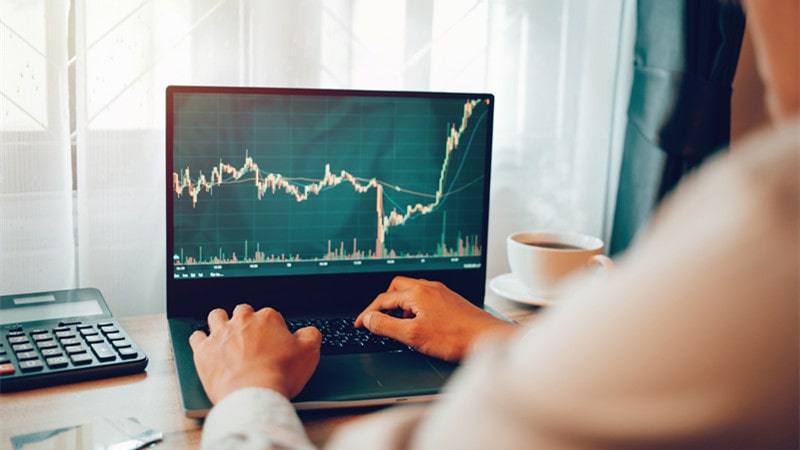In the world of finance, few developments have been as transformative as the advent of modern trading platforms. These digital solutions have revolutionized the way investors access financial markets, enabling them to trade and manage their investments with unprecedented ease and efficiency.
Traders today can choose from the best TradingView alternatives and a plethora of other tools. This article will explore the evolution of trading platforms, from the traditional brokerages of the past to the cutting-edge fintech solutions of today, examining the technological advancements that have fueled this transformation and the ways in which these platforms have democratized finance.
The Early Days of Brokerage Services
Before the rise of online trading platforms, investors relied on traditional brokerage firms to execute their trades. These firms employed brokers who would take orders from clients, either in person or over the phone, and facilitate transactions on their behalf. This process was often time-consuming, expensive, and limited in terms of available investment options.
The emergence of electronic communication networks (ECNs) in the 1980s marked the beginning of a significant shift in the trading landscape. ECNs allowed market participants to trade directly with each other, bypassing traditional brokerages and reducing transaction costs. However, these early electronic systems were primarily reserved for institutional investors and high-net-worth individuals, leaving retail investors with few alternatives to traditional brokerages.
The Birth of Online Trading Platforms
The widespread adoption of the internet in the late 1990s and early 2000s laid the groundwork for the development of online trading platforms. These platforms allowed retail investors to access financial markets directly without the need for intermediaries like traditional brokers.
Pioneering firms such as E*TRADE, Ameritrade, and Charles Schwab played a crucial role in popularizing online trading by offering user-friendly interfaces, lower fees, and a wider range of investment options.
As internet connectivity improved and more people gained access to computers and mobile devices, online trading platforms gained traction among retail investors. The ease of use, cost efficiency, and increased accessibility provided by these platforms democratized finance, enabling individuals from diverse backgrounds to participate in the financial markets.
The Rise of Fintech and Mobile Trading
The rapid advancements in technology over the past decade have further propelled the evolution of trading platforms. The rise of fintech, or financial technology, has led to the development of sophisticated tools and features that empower investors to make more informed decisions and execute trades more efficiently.
One notable development in the fintech space is the proliferation of mobile trading platforms. With smartphones and tablets becoming increasingly powerful and ubiquitous, trading platforms have adapted to provide users with seamless, on-the-go access to financial markets.
Another significant trend in the evolution of trading platforms is the integration of artificial intelligence (AI) and machine learning technologies. These advanced tools enable platforms to analyze vast amounts of data, identify patterns, and generate actionable insights for traders. Many platforms now offer features such as robo-advisors, automated trading algorithms, and advanced analytics, which were once reserved for institutional investors and professional funded traders.
Democratizing Finance and the Future of Trading Platforms
The evolution of trading platforms has had a profound impact on the democratization of finance. By providing retail investors with affordable and efficient access to financial markets, cutting-edge fintech solutions have leveled the playing field and empowered individuals to take control of their financial futures.
Looking ahead, it is likely that ongoing technological advancements and escalating competition in the fintech sector will shape the future of trading platforms. Developments in areas such as blockchain, big data, and AI are expected to drive further innovation in trading platforms, enhancing their functionality and capabilities.
Moreover, the increasing popularity of decentralized finance (DeFi) and digital assets such as cryptocurrencies may spur the development of new trading platforms tailored to these emerging asset classes. These platforms could potentially disrupt the traditional financial system and further democratize access to investment opportunities.
Bottom Line
The evolution of trading platforms from traditional brokerages to cutting-edge fintech solutions has transformed the world of finance. Technological advancements have fueled this transformation, making investing more accessible, affordable, and efficient for retail investors.
As technology continues to advance and reshape the financial landscape, the future of trading platforms promises to be even more innovative and empowering for individuals seeking to participate in the financial markets.




